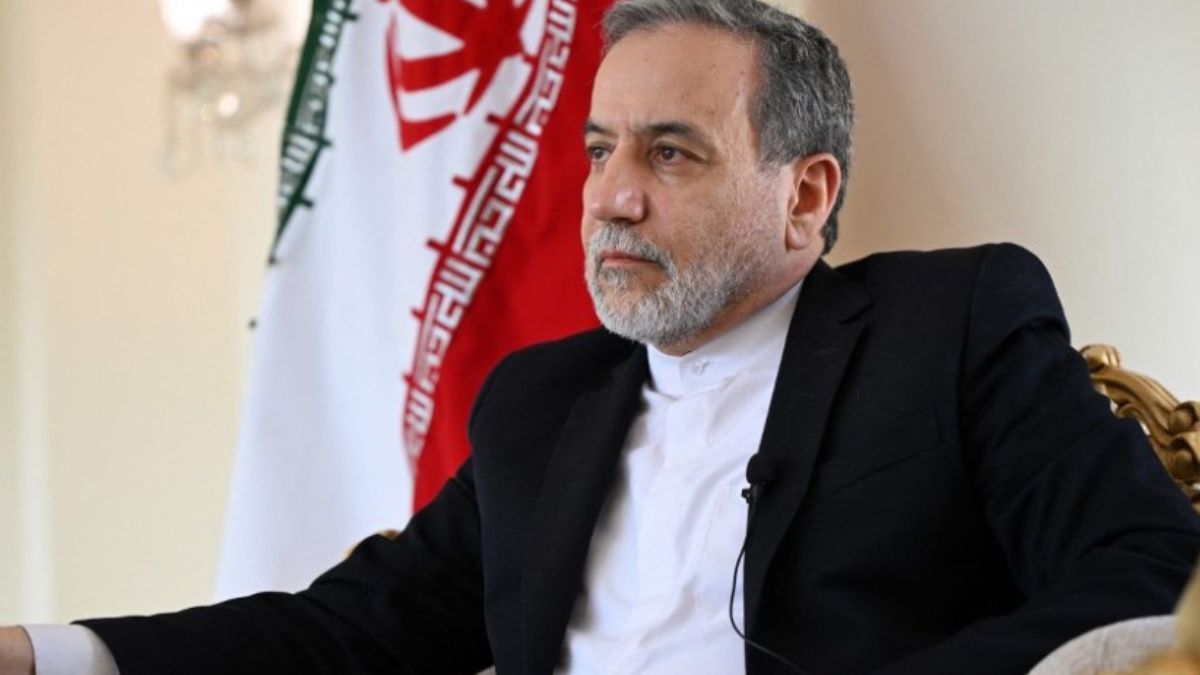Inside the dispute between Iran's FM Aragchi and US thinktank Carnegie: 'Won't negotiate in public'
 Abbas Araghchi | AFP
Abbas Araghchi | AFP
In an unusual incident, Iranian Foreign Minister Abbas Araghchi agreed to interview with a US-based thinktank Carnegie Endowment for International Peace but backtracked at the last moment following a dispute.
Araghchi was supposed to have a virtual conversation with the think tank at its nuclear policy conference. Carnegie Endowment for International Peace also announced the interaction, which was supposed to be moderated by Economist's Steve Coll.
However, the think tank claimed that Araghchi wanted the format changed after they agreed to a format. "The Iranian foreign minister’s team subsequently requested changes to the previously agreed format. These changes would have severely curtailed the ability of the moderator and the audience to question the foreign minister. As a result, Carnegie decided not to proceed with the session," said a statement by Katelynn Vogt, Vice President for Communications at the Carnegie Endowment for International Peace.
Interestingly, Araghchi's decision to talk to a US organisation comes as Iran braces for third-round talks with the US. This could also probably be Araghchi's first interview with a Western organisation about Iran's disputed nuclear program.
Carnegie's decision to give Araghchi a platform had earlier sparked widespread protest in social media after several Republicans rallied against it.
However, Iran later clarified that the cancellation followed the organisers’ decision to change the format of the session from a speech to a debate.
"When I agreed to present a keynote address before @carnegienpp, Iran and the U.S. had not yet set dates for the next round of talks, which begin at the expert level on Wednesday and at the principals' level on Saturday," Araghchi wrote on X. "As I underscore in my prepared remarks, Iran has no intention to negotiate in public."
He added that "certain Special Interest groups are trying to manipulate the course of diplomacy by smearing negotiators and goading the U.S. administration into making maximalist demands." He said he was accustomed to tough questions from journalists and ordinary citizens but won't allow turning his keynote address into an open Q&A.'
"I am accustomed to tough questions from journalists and ordinary concerned citizens alike. But turning my keynote address into an open Q&A would either turn the event into a public negotiation, which I am not willing to countenance, or be unsatisfactory for an audience probably looking for details on where the talks might go. I regret that my intended host was neither cognizant nor considerate of these sensitive dynamics."
Tehran also released the full text of Araghchi's statement on its X post.
Middle East